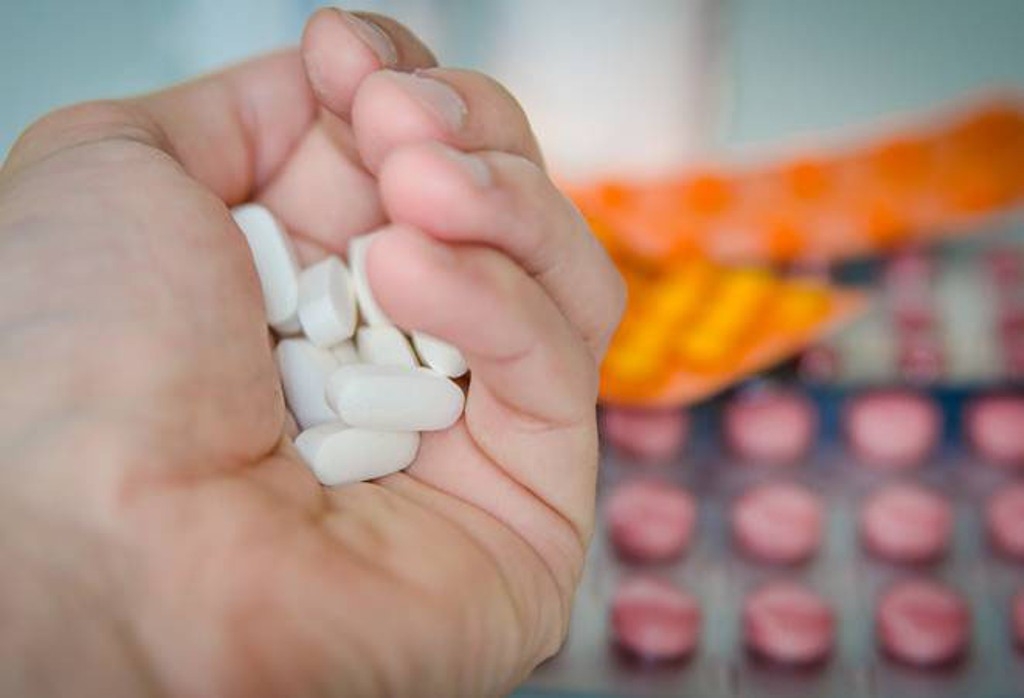
IT News
Pune Feb 19
A Pune (Maharashtra) based Serum Institute of India (SII) has developed a preventive vaccine against coronavirus (COVID-19), expected to be available within next two years, in partnership with American biotechnology company “Codagenix”.
“The vaccine designed by SII and “Codagenix” is ready for the pre-clinical test and will progress to human trials in the next six months. The SSI-Codagenix candidate vaccine has been developed using a laboratory-made synthetic virus. This is an important breakthrough since it could significantly reduce the time taken to build against the virus at the heart of the current outbreak emanating from China”.
Owner and CEO, SII, Adar Poonawalla, proprietor and CEO, SII said, “It usually takes eight years to fully develop a vaccine for use. We have already marched ahead by generating a candidate vaccine in the “Codagenix” laboratory in the US. Our vaccine-virus strain is identical to the original virus and can generate a robust immune response”. Adar said that the vaccine will be ready for human trials within six months, that makes it the fastest ‘Make in India’ vaccine to enter this phase.
The newly identified coronavirus causes mild to severe respiratory illness, with symptoms including cough and fever. Until an effective vaccine becomes available, transmission of the virus can be prevented by frequent hand washing and avoiding close contact with people who are sick.
SII, a vaccine manufacturer and distributor with a global footprint, will scale-up the manufacture of the vaccine to ensure its availability to meet a critical public health need. “Codagenix” and SII are pursuing an accelerated development pathway with built-in redundancies to increase speed and likelihood of success.
SII inaugurated its new plant built up with an investment of Rs 4000 crore in Pune in September last year. It is designed to produce up to 500 million doses of vaccines in a year over the next three years. SII is the world’s largest vaccine manufacturer selling over 1.5 billion doses, including Polio vaccine as well as Diphtheria, Tetanus, Pertussis, Hib, BCG, r-Hepatitis B, Measles, Mumps, and Rubella vaccines. It is estimated that about 65% of the children in the world receive at least one vaccine manufactured by SII, which was founded in 1966.
Similarly SII supplied 30,000 doses of Measles/Rubella vaccine to the Government of Maldives in response to its emergency requirement last month. After Maldives approached the Government of Denmark and UNICEF with a request to supply vaccines, it approached Indian Embassy in Maldives on 20 January. Then Union Ministry of External Affairs procured 30,000 doses of Measles/Rubella vaccine from the SII and delivered the consignment on 23rd January. By now Measles has been eliminated from the Maldives.
In the meanwhile the Union Government is planning to impose export ban on 12 essential medicines- mainly antibiotics, vitamins and hormones, to ensure that there is no shortage of essential drugs in the wake of the coronavirus outbreak in Hubei province in China. The Chinese government continues to impose a lockdown in Hubei as it is the epicentre of the coronavirus epidemic.
An eight member panel set up by the Ministry of Chemicals and Fertilisers has suggested a temporary ban on drugs such as chloramphenicol, neomycin, metronidazole, azithromycin, vitamins B1, B2 and B6 and hormones such as progesterone, which are essential during pregnancy and menstruation. The panel is stated to have in its report that the states need to ensure that the traders don’t exploit this situation and increase the prices of either API or medicine formulations.
India gets around 80-85 per cent of active pharmaceutical ingredients(APIs) APIs used for making medical formulations from China. India imports 57 types of molecules and 90 per cent medical devices and apparatus from China. This is largely for drugs like antibiotics – crucial among them being penicillin G (and other products based on it such as amoxicillin and ampicillin), tetracycline – and for vitamins such as vitamin C and D. All of these are based on drug ingredients made using the fermentation-based process, an area where China has achieved global dominance.
Indian pharma majors such as Lupin, Sun Pharma and Dr. Reddy’s do manufacture APIs but it is for captive use or used by pharmaceutical companies for in-house production of finished dosage forms.
Even as India stares at probable drug shortage Indian pharma industry has assured the Government that there will be sufficient supply of medicines and an emergent situation will not arise.



